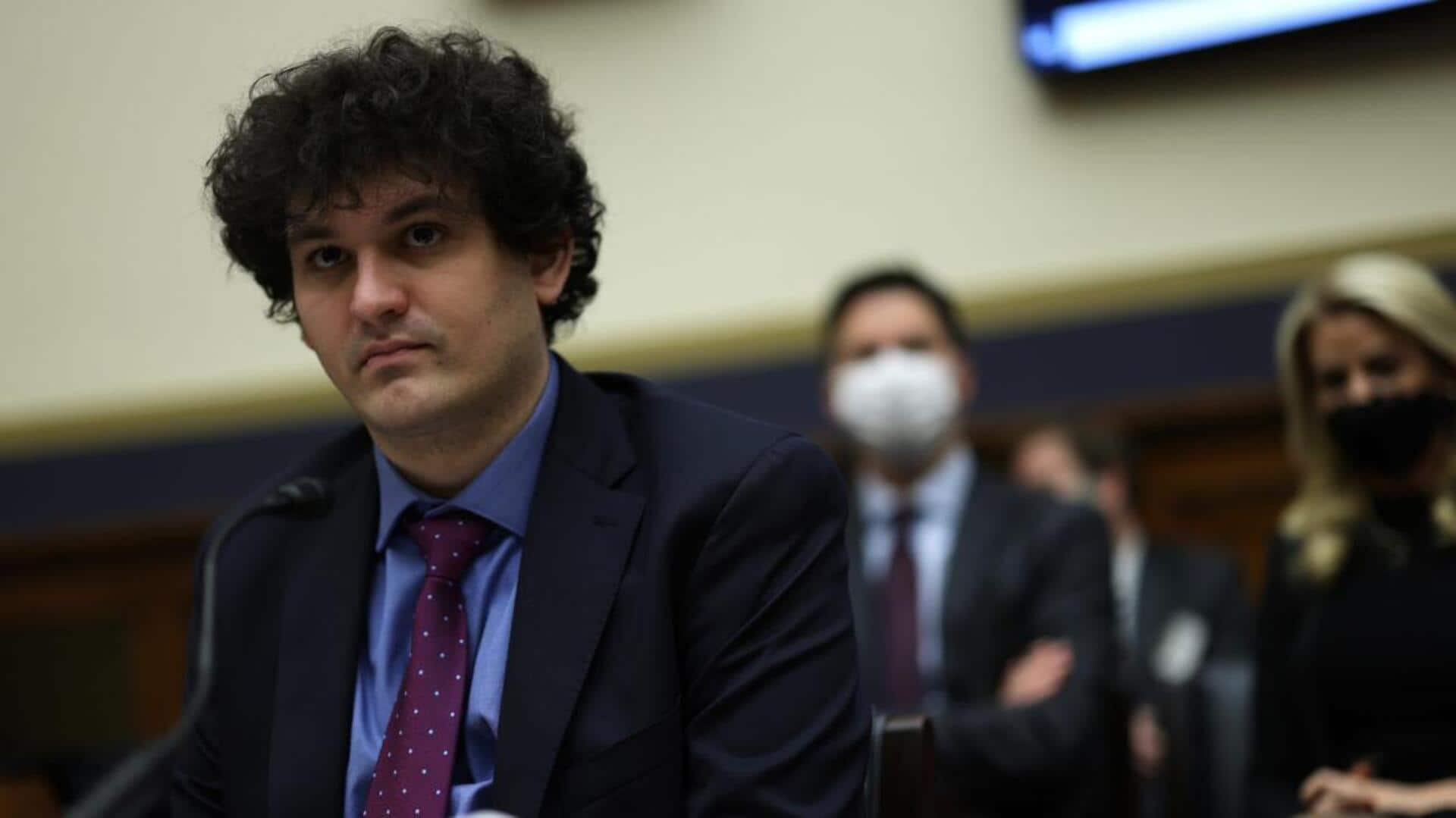
FTX collapse: Sam Bankman-Fried's trial starts today for alleged fraud
What's the story
The high-stakes trial of Sam Bankman-Fried, the 31-year-old founder of FTX, kicks off today. Facing as many as seven criminal charges, including securities fraud, wire fraud, and conspiracy to launder money, Bankman-Fried could be looking at over a century behind bars if found guilty. Prosecutors claim he swindled customers and investors out of billions, using the cash for personal gain and to cover his hedge fund, Alameda Research's expenses and debts.
Details
FTX's rapid rise and fall
Launched in 2019 by Bankman-Fried, FTX quickly skyrocketed to become one of the world's largest cryptocurrency exchanges, boasting a $32 billion valuation at its peak. But in 2022, after reporters and rivals raised eyebrows about FTX's business practices, the company crumbled. With billions of dollars now unaccounted for, US attorney Damian Williams pins Bankman-Fried as the mastermind behind "one of the biggest financial frauds in American history."
What Next?
Key witnesses and defense strategy
A line-up of former FTX executives who have already pleaded guilty to fraud charges are set to testify against Bankman-Fried during the trial. Among them are Caroline Ellison, Nishad Singh, Gary Wang, and Ryan Salame. Bankman-Fried's defense team will likely argue that their client was simply in over his head and made mistakes rather than intentionally committing fraud. They may also try to shift the blame onto other FTX and Alameda employees.
Insights
Judge Lewis Kaplan presiding
Presiding over the trial is Judge Lewis Kaplan, a federal judge with nearly three decades of experience under his belt. Known for his no-nonsense approach and efficient courtroom management, Kaplan has overseen several high-profile trials throughout his career. If Bankman-Fried is found guilty, Kaplan will have the final say on sentencing, including the option to allow him to serve a concurrent sentence.
Facts
Impact on the cryptocurrency industry
The trial of Bankman-Fried is a headline-grabbing case that could send shockwaves through the cryptocurrency industry. It underscores the potential risks and pitfalls of the rapidly expanding sector and may pave the way for increased scrutiny and regulation. The trial's outcome could also serve as a wake-up call for other crypto entrepreneurs and executives, emphasizing the need for transparency and adherence to legal and ethical standards.